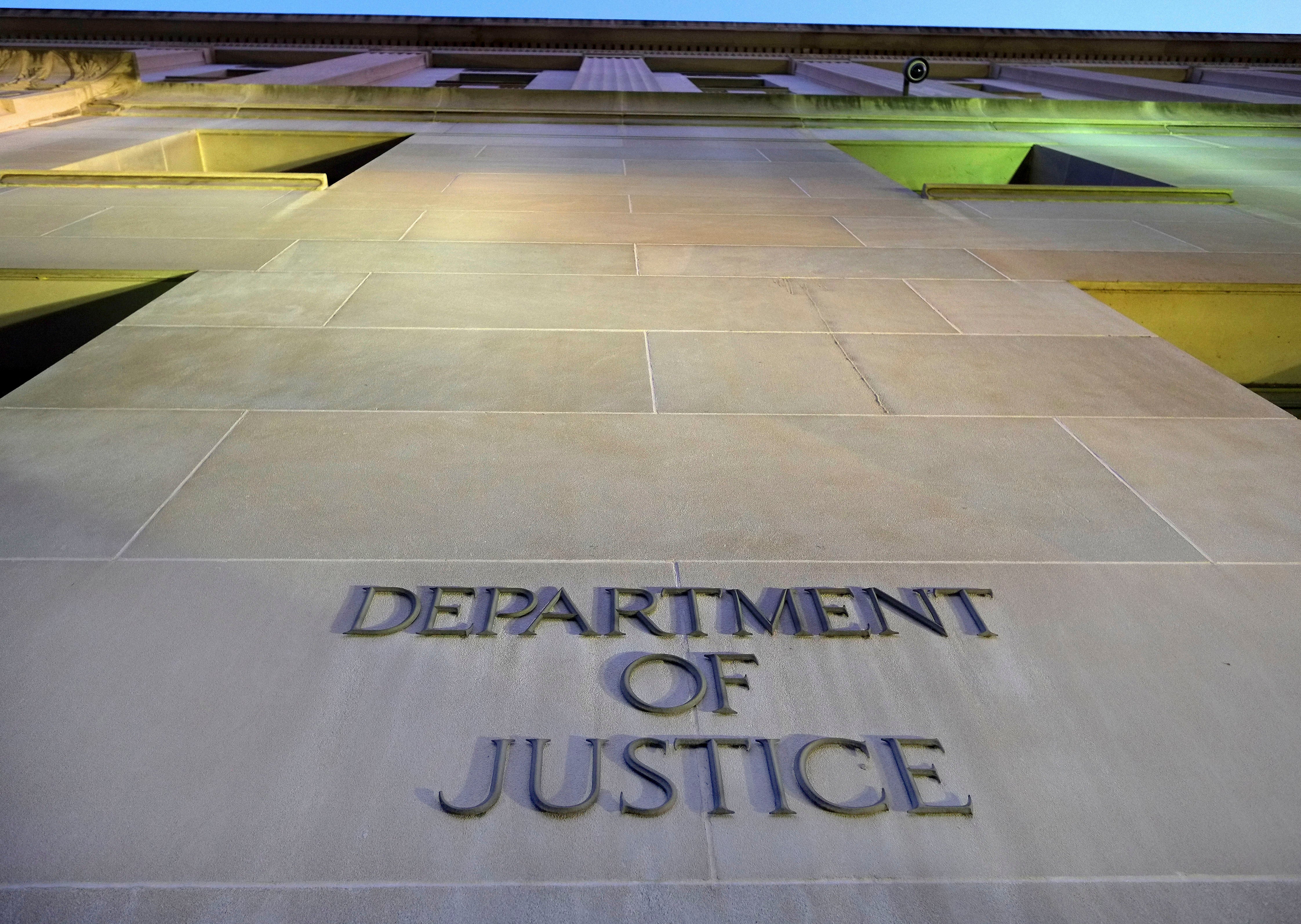Trump administration secretly obtained phone and email records of CNN Pentagon reporter, broadcaster says
Multiple reporters were targeted during the former Trump administration’s crackdown on media leaks in 2017

Your support helps us to tell the story
From reproductive rights to climate change to Big Tech, The Independent is on the ground when the story is developing. Whether it's investigating the financials of Elon Musk's pro-Trump PAC or producing our latest documentary, 'The A Word', which shines a light on the American women fighting for reproductive rights, we know how important it is to parse out the facts from the messaging.
At such a critical moment in US history, we need reporters on the ground. Your donation allows us to keep sending journalists to speak to both sides of the story.
The Independent is trusted by Americans across the entire political spectrum. And unlike many other quality news outlets, we choose not to lock Americans out of our reporting and analysis with paywalls. We believe quality journalism should be available to everyone, paid for by those who can afford it.
Your support makes all the difference.The phone and email records of Pentagon reporter Barbara Starr were seized by the Department of Justice during a Trump administration investigation into media leaks, according to CNN.
Starr is the fourth reporter in three weeks to learn the Justice Department had sought to secretly obtain communications records.
The news network reported that she was informed by the Justice Department in a 13 May letter that prosecutors had sought and obtained the materials covering two months about four years ago in June and July 2017.
The timing coincided with comments from then-Attorney General Jeff Sessions in August 2017 announcing the administration’s efforts to battle a “staggering number of leaks undermining the ability of our government to protect this country”.
“One of the things we are doing is reviewing policies affecting media subpoenas,” he said, according to Reuters. “We respect the important role that the press plays and will give them respect, but it is not unlimited.”
While the period of the phone and email records came before Mr Sessions’s comments, it is unclear if the investigation began at the time or was launched under his successor William Barr, who was sworn in as Attorney General in 2019.
The broadcaster said the Justice Department confirmed the decision to use the legal process to obtain the records was approved in 2020, while Mr Trump was still president, but that Starr herself was never the target of any investigation..
CNN president Jeff Zucker said the broadcaster was seeking an immediate meeting with the Justice Department for an explanation. "CNN strongly condemns the secret collection of any aspect of a journalist’s correspondence, which is clearly protected by the First Amendment,” he told the outlet’s reporters covering the story.
The Department of Justice has sent a statement to CNN saying department leadership would meet with reporters to hear concerns about recent notices and “further convey Attorney General [Merrick] Garland’s staunch support of and commitment to a free and independent press”.
The Washington Post was similarly informed in May that the Justice Department sought to secretly obtain the communications records of three reporters between April and July in 2017.
The Post said the records targeted were connected to reporting in the early months of the Trump administration and centred on Russia’s role in the 2016 election.
Reporters Ellen Nakashima and Greg Miller, and former Post reporter Adam Entous, were told on 3 May that the Justice Department sought “non-content communication records”, which include phone numbers and the length of calls, but did not obtain them.
During the period covered by the attempted seizure in 2017, the reporters wrote about intelligence intercepts indicating that when Mr Sessions was a senator in 2016, he discussed the Trump campaign with Russia’s then-ambassador to the US.
Join our commenting forum
Join thought-provoking conversations, follow other Independent readers and see their replies
Comments